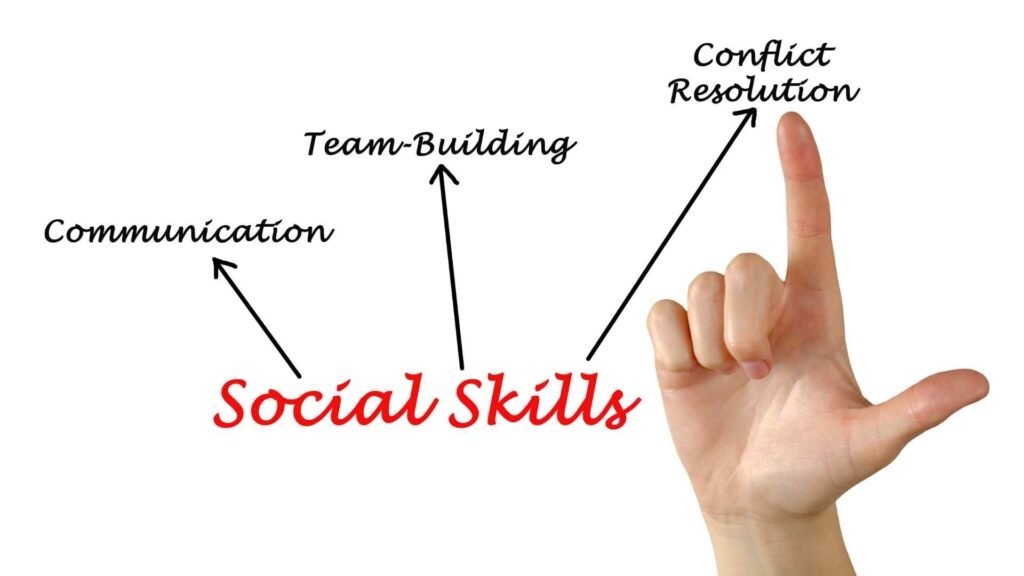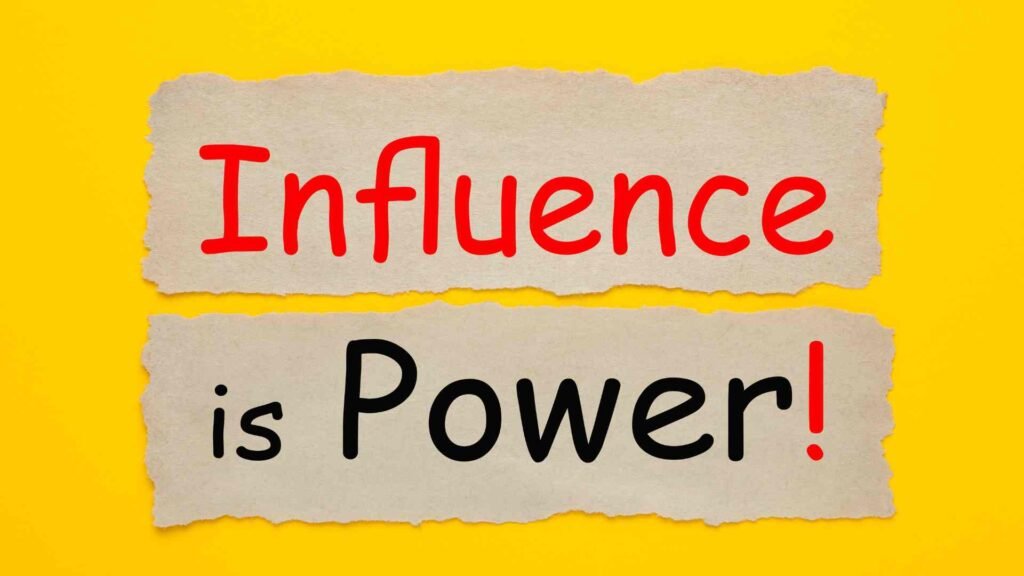Who doesn’t want to win friends and influence people? This desire is as old as time itself. In entrepreneurship, success isn’t just about business acumen and innovation; it’s also about building meaningful relationships. Enter Dale Carnegie’s timeless classic, How to Win Friends and Influence People. This book isn’t just a guide; it’s a treasure trove of strategies that can transform your personal and professional life.
The Importance of Social Skills in Business

Social skills are crucial in the business world. They can make or break relationships, influence deals, and shape careers. Entrepreneurs who master these skills often find themselves ahead of the curve, able to navigate complex social landscapes with ease and grace.
Key Points of How to Win Friends and Influence People

1. The Power of a Smile
Win Friends: A genuine smile is your secret weapon. It’s contagious and instantly puts people at ease. A smile can break down barriers and create a sense of connection, making interactions more pleasant. Remember, even in business, people prefer to work with those they like. A smile can be the first step in building rapport and trust.
Example: Elon Musk, known for his quirky sense of humor, often breaks the ice with a smile during Tesla product launches. His approachable demeanor makes him relatable, fostering a positive image of his brand.
2. Active Listening Matters
Win friends: Be an active listener. Show genuine interest in others’ stories by asking questions and remembering details about their lives. This demonstrates that you value their perspective and strengthens your relationship with them. Active listening involves giving full attention, nodding, and responding thoughtfully.
Example: Oprah Winfrey built her media empire by truly listening to her guests and connecting with their experiences. Her ability to empathize with and engage with people has made her a beloved figure worldwide.
3. Use Names Liberally
Win Friends: People love hearing their names. Use them often—it shows you care and that you see them as individuals. This simple act can make a significant impact on your relationships, as it personalizes your interactions and makes the other person feel valued.
Example: Richard Branson of Virgin Group is famous for remembering employees’ names, fostering loyalty, and creating a sense of belonging within his organization.
4. Praise Sincerely
Win friends: Compliment others genuinely. People appreciate authentic praise, which boosts their self-esteem and encourages positive behavior. Sincere praise can build trust and reinforce a positive relationship.
Example: Sheryl Sandberg, COO of Facebook, praises her team members publicly, boosting morale and motivating them to perform at their best.
5. Avoid Criticism
Win Friends: Criticizing rarely works and often leads to defensiveness and resentment. Instead, offer constructive feedback that focuses on solutions and improvements. This approach helps maintain a positive relationship while encouraging growth.
Example: Bill Gates emphasizes positive reinforcement to motivate Microsoft employees, creating a supportive and encouraging work environment.
6. Show Interest in Others’ Interests
Win Friends: Understand what matters to people by discussing their hobbies and passions. This shows that you value them as individuals beyond their professional roles. Sharing interests can create common ground and strengthen bonds.
Example: Warren Buffett bonds with investors over shared interests, creating lasting relationships and fostering mutual respect.
7. Make Others Feel Important
Win Friends: Make people feel valued by acknowledging their achievements and contributions. Recognition can significantly boost morale and loyalty, as people feel appreciated for their efforts.
Example: Indra Nooyi, former PepsiCo CEO, personally congratulates employees on milestones, showing that she values their hard work and dedication.
8. Be a Good Listener
Win Friends: Encourage others to talk about themselves. They’ll appreciate your interest and feel more connected to you. Being a good listener means paying attention, asking relevant questions, and showing empathy.
Example: Mark Cuban actively listens to entrepreneurs on “Shark Tank,” offering valuable insights and advice, which helps build strong, respectful relationships.
9. Admit Mistakes Gracefully
Win Friends: Apologize sincerely when you’re wrong. Admitting mistakes builds trust and shows humility. It demonstrates that you value honesty and integrity, which are essential for strong relationships.
Example: Jeff Bezos publicly acknowledged Amazon’s early failures, earning respect for his transparency and commitment to improvement.
10. Encourage Others to Talk About Themselves
Win Friends: People love discussing their achievements. Let them share their stories and successes, as this fosters a sense of pride and mutual respect. Encouraging others to talk about themselves makes them feel important and valued.
Example: Mary Barra, GM CEO, engages in casual conversations with employees, fostering camaraderie and creating a positive, inclusive work environment.
As we wrap up our journey through Carnegie’s wisdom, remember this: Success isn’t a solo endeavor. It’s a symphony of smiles, active listening, and genuine praise. So, go ahead—win friends, influence people, and watch your entrepreneurial dreams take flight. And who knows? Maybe someday you’ll be the next Elon, Sheryl, or Warren—making waves with your charisma and kindness.
